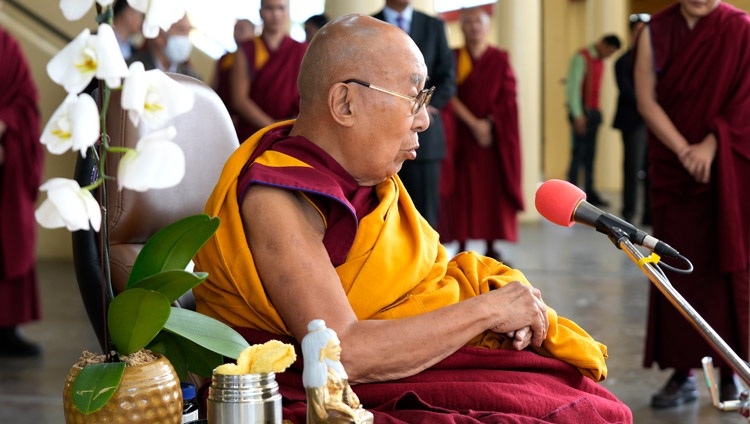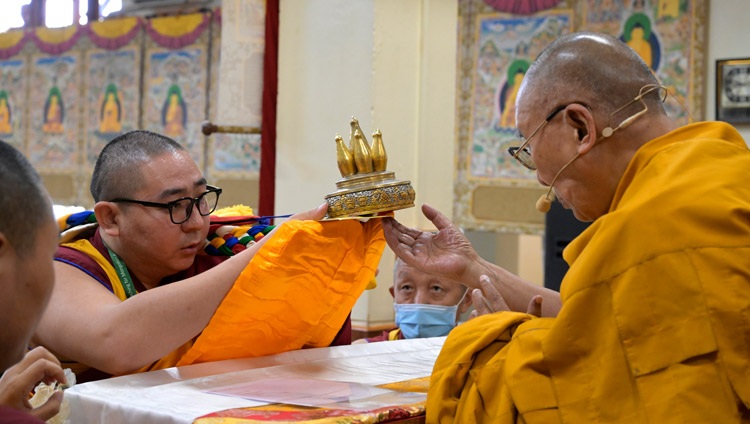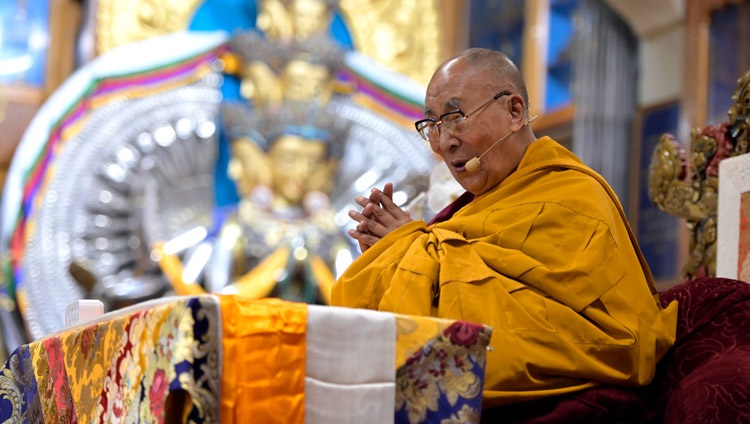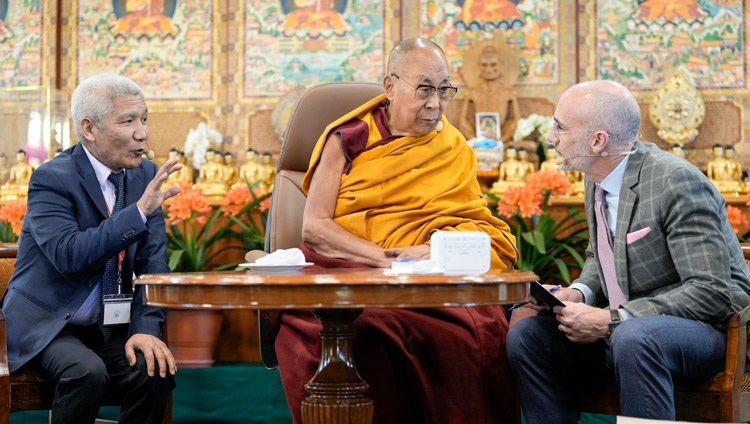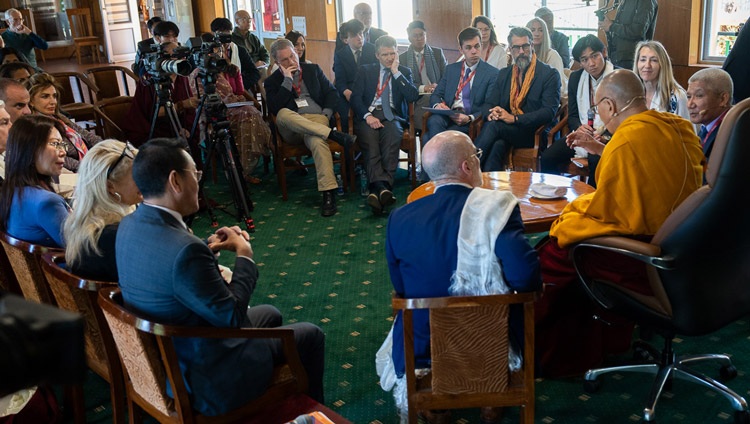Spotlight: Tibet is a major problem for China
Dec. 8 (Wikileaks/Tibet News Digest): Although Beijing has never admitted in public, for obvious reasons, that there is a problem in Tibet, US diplomatic dispatches leaked recently on the whistle-blowing website Wikileaks offer ample evidences to the contrary. China may have listed Tibet together with Taiwan and South China Sea as issues forming its “core interests”, but the cables say for the Chinese leadership , Tibet is an “extremely sensitive” issue; even “more sensitive than Taiwan.”
On the Tibet issue, the Chinese leadership “worry they could lose control of Tibet if they do not maintain tight control there.” This confirms the already growing view among many world leaders such former US president George W. Bush and former Australian prime minister and now foreign minister Kevin Rudd that Beijing is “paranoid” about Tibet. It has profound resonance to His Holiness the Dalai Lama’s constant call to Chinese leaders to be more confident, realistic and transparent in resolving the Tibet issue. Part of Beijing’s paranoia, the cables suggest, has to do with fears over “domestic consequences” and “unwanted interference” from India. China apparently thinks a perpetually hardline approach on Tibet is needed to avert a sort of spillover effect on other pressing domestic issues in the mainland as well as among its many disaffected minorities.
The all-powerful 9-member Politburo Standing Committee (PBSC) adopts a “consensus system” allowing discussions on “Taiwan, economic development or political reform” but not on Tibet, said the leaked dispatches written in 2007. It says on China’s policy on Tibet, president Hu Jintao is “firmly in charge” with virtually no one in the PBSC having the “stature and experience” to challenge Hu on the issue. Doing so would be “political suicide” and would expose them to charges of being “soft”, “traitor”, or face purge like former Party general secretary Hu Yaobang who in 1987 was purged for his relatively liberal policies in Tibet Autonomous Region; among them, calling for a review of Tibet policy and cutting back on number of Chinese officials in TAR.
Hu Jintao had effectively developed his hardliner streak as the Party chief in TAR by overseeing a violent crack down on peaceful Tibetan demonstrations in 1987 and in 1989 when he put Lhasa under a year-long martial law. For his “quick and effective suppression” of Tibetan protests, Hu was rewarded with a significant promotion to PBSC by the late chairman Deng Xiaoping in 1992.
In the run-up to Beijing Olympics, Hu made sure he controlled the media response to Tibet and publications in China were “ordered” to run stories on Tibet with “very strict” guidelines from the Propaganda department. The party propaganda line was specifically aimed at raising nationalistic sentiments among Chinese public to garner support for its hardline Tibet policy. But the skewed and censored coverage on Tibet contributed to a surge in nationalism among many young Chinese as well as Tibetans aggravating an already tense atmosphere. This is not in the interests of Hu Jintao’s cherished goals of establishing harmony among all nationalities and achieving stability. No wonder, the year later in 2008, Tibet witnessed the most widespread protests against Chinese policies since 1959.
This is not to say that there are no “moderate” voices on Tibet in the Chinese power structure or in public. Premier Wen Jiabao may be
“slightly more moderate” on Tibet than his colleagues but, the cables say, Wen seemed to have a moderate stance on almost every issue. However, on Tibet, even Wen does not – or can not – disagree with Hu.
Also, “many elites and intellectuals” believe there should be a “reassessment of policy toward the Dalai Lama.” They question the “wisdom of demonizing and refusing to negotiate with him.” However, the number of these moderate rational forces are small compared to the hardliners in the Party who support the current Tibet policy.
The contact used as a source for these dispatches “confessed” he “personally” favored a more “measured” approach to Tibet, by engaging in dialogue with the Dalai Lama because only the Tibetan leader can “unify the majority of the Tibetan community both within China and abroad”.
What the dispatches revealed might just be a small part of what the Chinese leaders actually thinks about Tibet. Also, a lot has changed in China and Tibet since those dispatches were written. Having held the Olympics and the Shanghai Expo, China has become more assertive and aggressive in its foreign policy as well as more cautious and paranoid about its hold on Tibet and Xinjiang. And as the cables say, we will never know for sure what really happens when the PBSC members meet to discuss an issue as “sensitive” as Tibet. The sensitivity of the issue naturally calls for utmost secrecy.
Read the full dispatch at: http://bit.ly/f6DjmU

